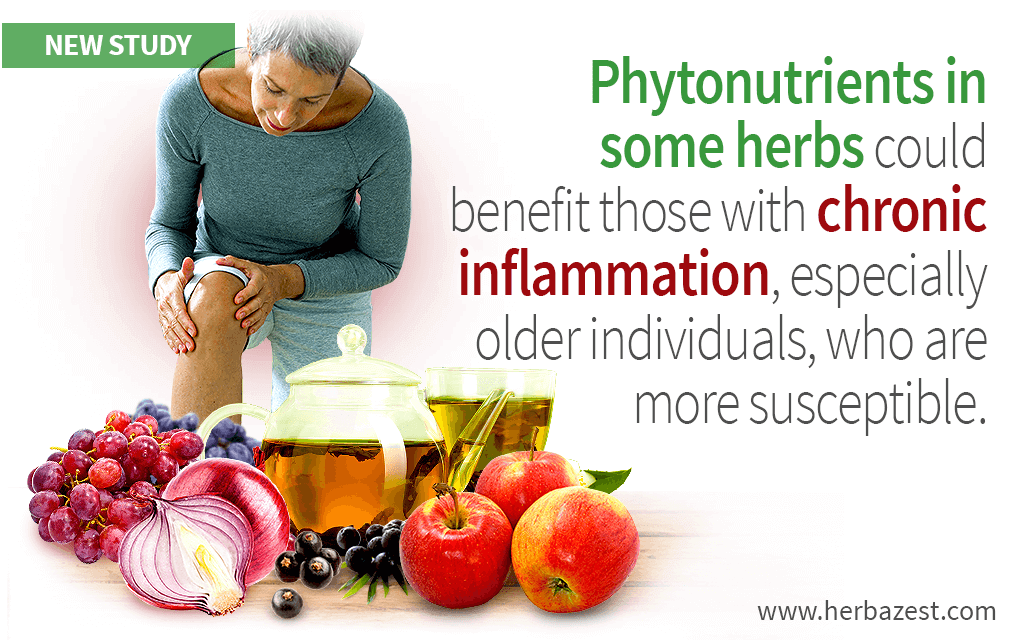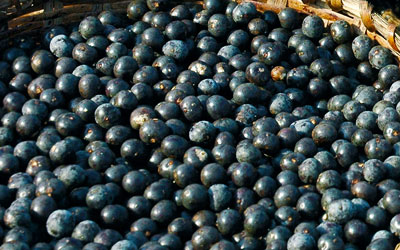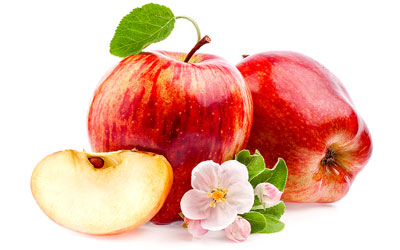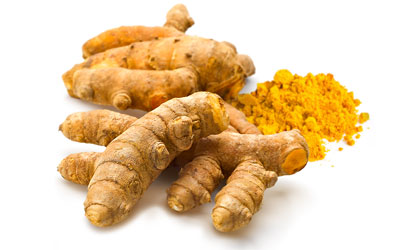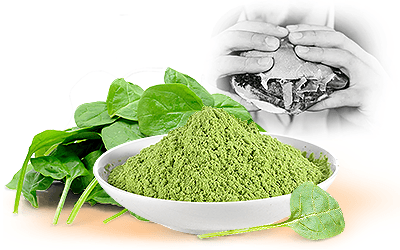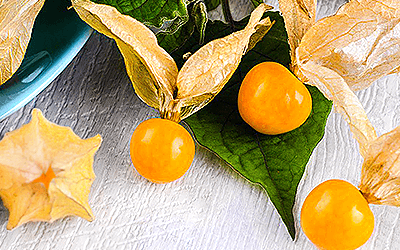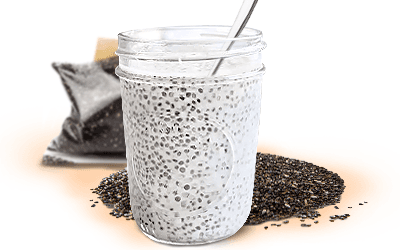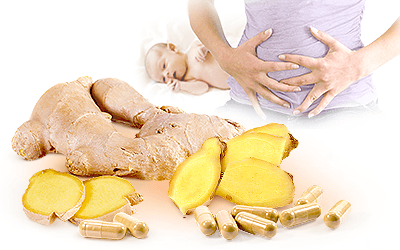Chronic inflammation contributes to many concerning diseases today, such as cardiovascular disease and Alzheimer's. Phenolic compounds, a class of phytonutrients that encompasses both phenols and polyphenols, are instrumental in lowering the body's natural inflammatory response. However, not all (poly)phenols are equally effective in this. A great number of plant species contain (poly)phenols, but their usefulness depends on their anti-inflammatory action, bioavailability, and the amount consumed. A group of researchers from the University of Liverpool's Institute of Ageing and Chronic Disease tested several foods for the potency of their (poly)phenols. The results have been published in the British Journal of Nutrition.
The Study
The researchers tested 31 (poly)phenol compounds in T-cells, a type of white blood cell that releases cytokines, or compounds that signal the body's inflammatory response. They then measured the amount of cytokines present when the cells were treated with the different (poly)phenols. Because foods are rarely consumed in isolation, and because synergy between different (poly)phenols could exist, six (poly)phenol mixtures were also tested.
The Results
The most potent anti-inflammatory compounds were:
- Isorhamnetin, found in onions, apples, and green tea
- Curcumin, contained in turmeric
- Resveratrol, found in the skin of red, purple, and black grapes
- Vanillic acid, derived in high quantities from acai and blackcurrant
It was also found that polyphenols tended to have a stronger action than phenols. The mixtures of (poly)phenols were generally more potent than the sum of each individual compound's potency.
Interestingly, some of the compounds actually encouraged inflammation under the conditions in the experiment, such as punicalagin from pomegranates.
What Does This Mean?
These results suggest that phytonutrients listed above could benefit those with chronic inflammation, especially older individuals, who are more susceptible. This could potentially be in the form of dietary supplements or the foods that contain these compounds naturally.
Finding the potency of these compounds in human white blood cells is just the starting point. It remains to be seen to what extent these compounds influence inflammation in people and what dosage is optimal, but these results could lead to more streamlined treatment of chronic inflammation.
Sources
- The British Journal of Nutrition, Identification of (poly)phenol treatments that modulate the release of pro-inflammatory cytokines by human lymphocytes, 2016
- University of Liverpool, What foods can help fight the risk of chronic inflammation?

